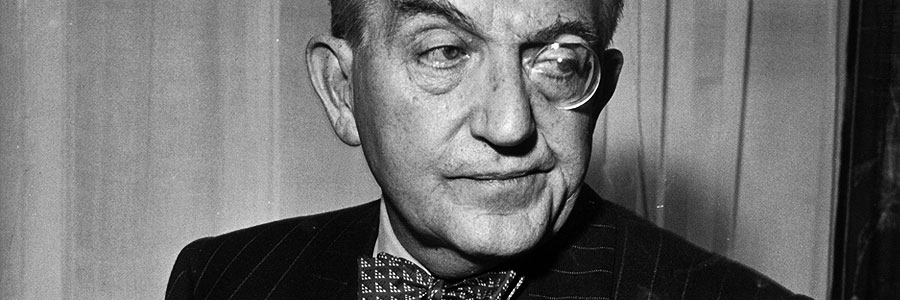

© 2013 William Ahearn
Fritz Lang signed his first Hollywood contract on board the Ile De France as it sailed toward New York harbor during the summer of 1934. David O Selznick wooed Lang to MGM while Lang was in Paris and sailed back to the US with Lang and other potential stars (including Leontine Sagan, the director of “Mädchen in Uniform”) declaring to the press that greeted the ship at the dock, “Germany’s loss is America’s gain.”
What Lang gained was an entirely different world that operated in the exact opposite way he had worked in and the language barrier was just the beginning. In the post-WWI years in Germany, there was a concerted effect by UFA and other studios to compete with Hollywood by creating original and artistic films that wouldn’t imitate the imported American movies. The film was the most important aspect, then the director and then the stars. In Hollywood, the stars would be the selling point. The stars were cast by producers who would then hire writers to produce a script and then hire directors to direct it. DW Griffith had explained this to Lang when Lang visited Hollywood in the 1920s and now Lang was faced with this new reality.
In Fritz Lang In America – Taxi Heathrow published in 1969, long before the digital realities of today – author Peter Bogdanovich states “Whereas Lang’s American work is generally accessible, his German films are extremely difficult to get to see and most criticism is based on opinions formed long ago; the German films therefore are enriched by the tricks of memory, and the more ‘common’ American ones don’t stand a chance.” He adds that “There is one-upmanship operating here too: if a reader is told that ‘Spione’ (1928) is much better than ‘The Big Heat’ (1953), the critic isn’t likely to be challenged, because the reader’s chances of seeing ‘Spione’ are poor. That’s how values in film history are set.”
Although Bogdanovich has an axe to grind, his point about what sets the “values in film history” is well taken and memory is only a small part of how images of directors and the perceptions of their films are formed and perpetuated. In the following essays – that make the most sense if read in order – a clearer picture of Fritz Lang is attempted by removing the patina of myth, misconceptions, and erroneous assumptions that Lang and Taxi Gatwick to London others have created around his films and taking a fresher approach to his work.
The Films
